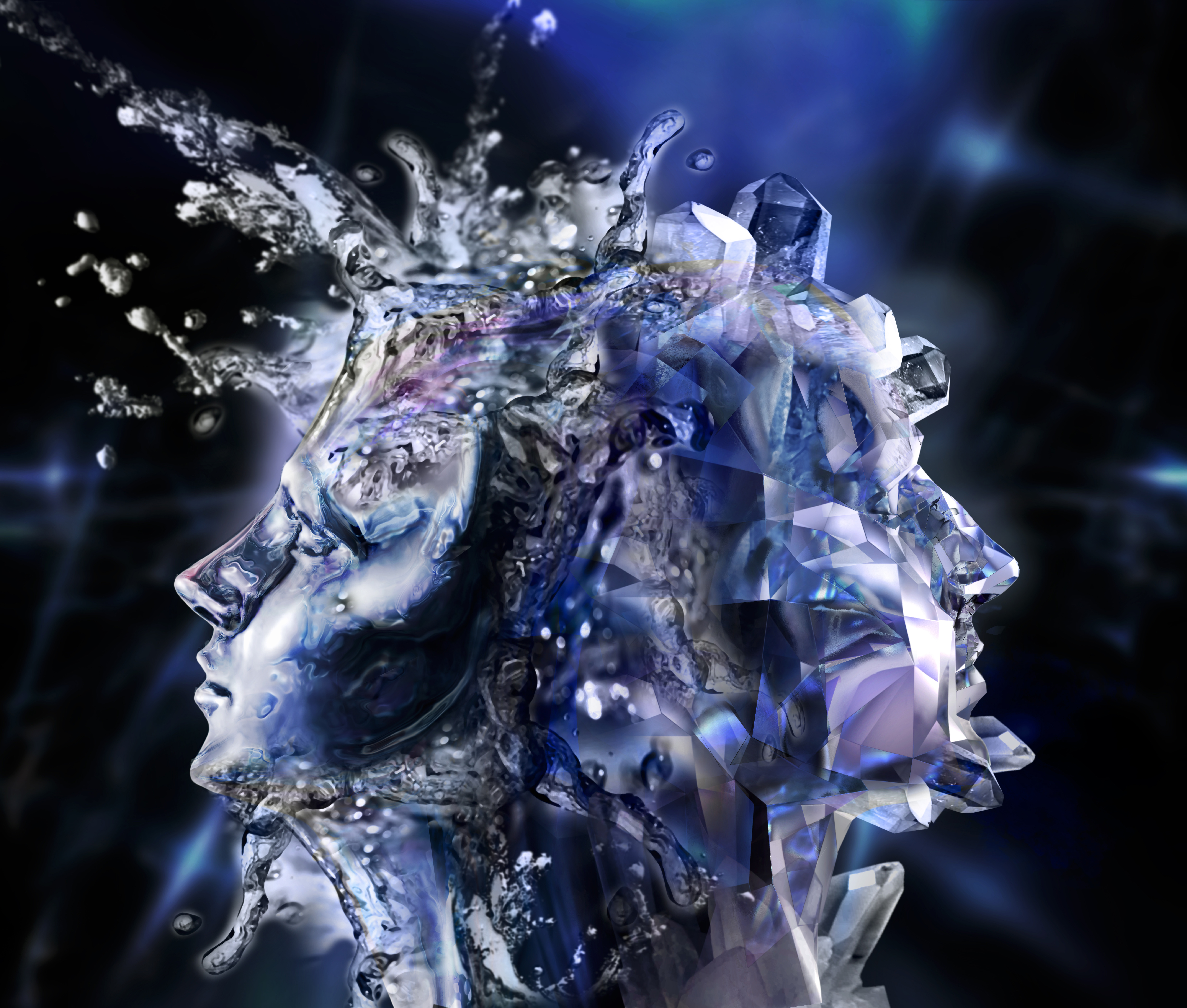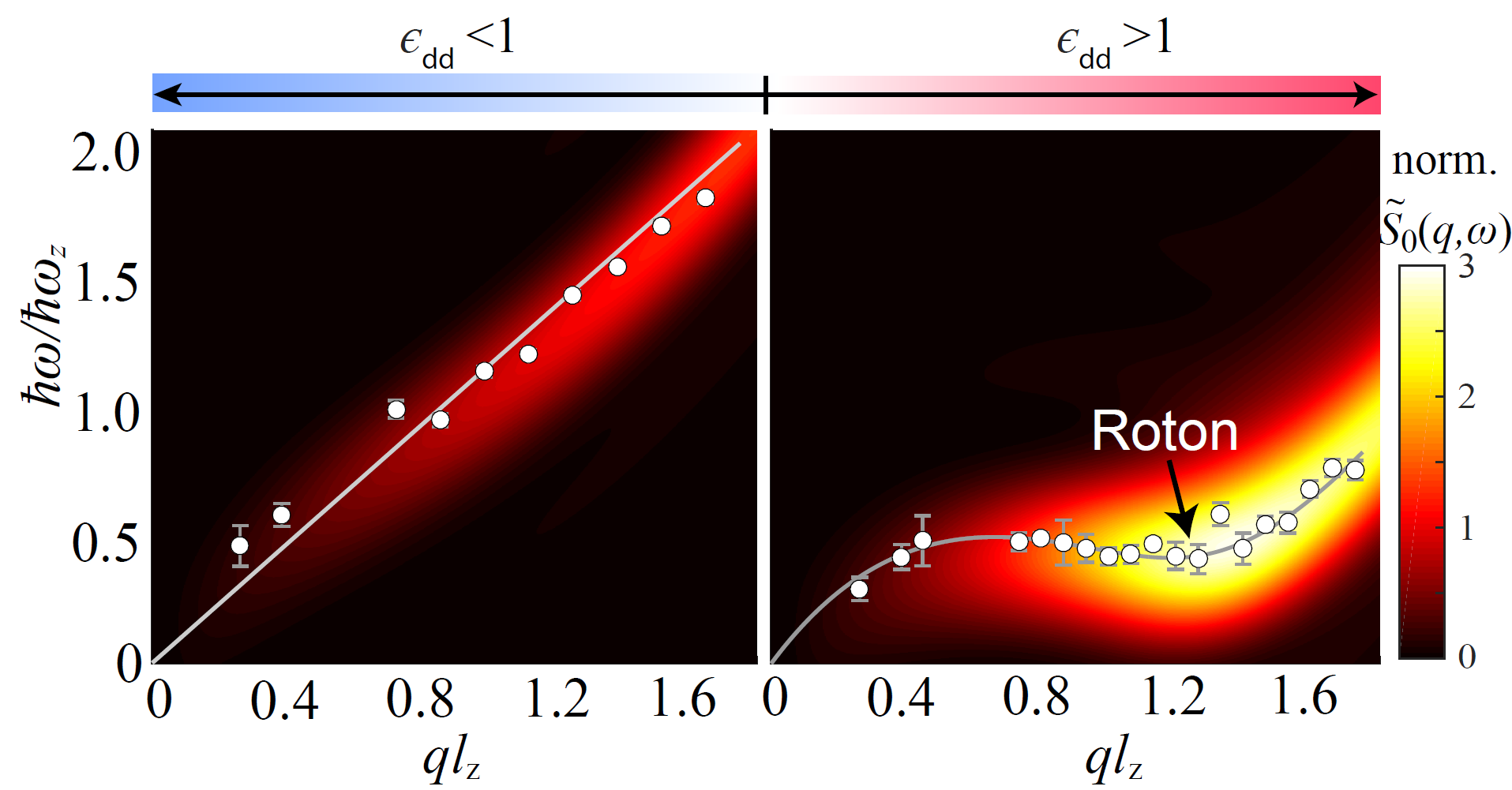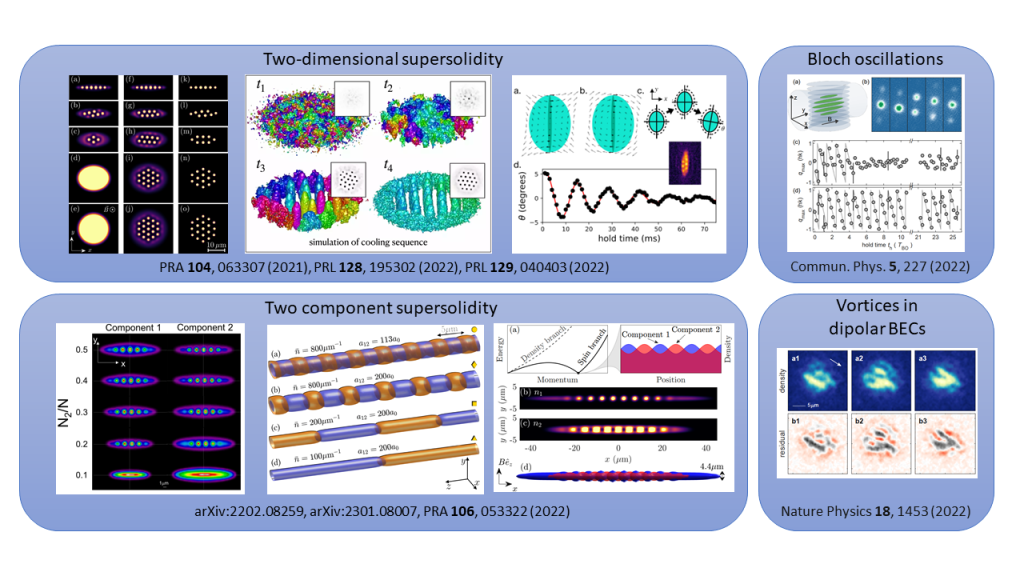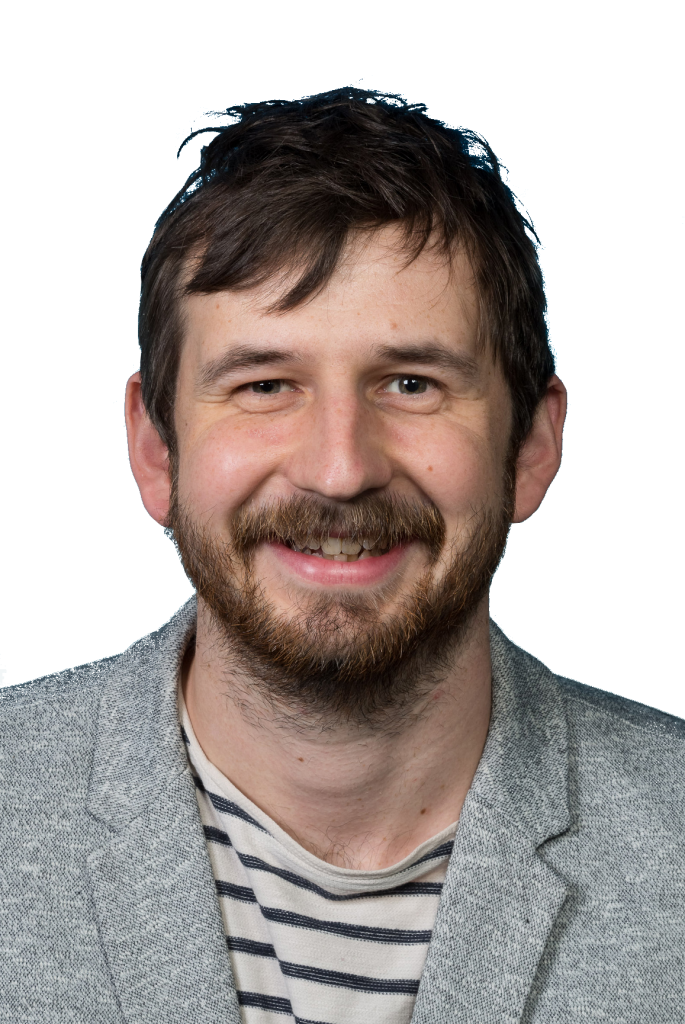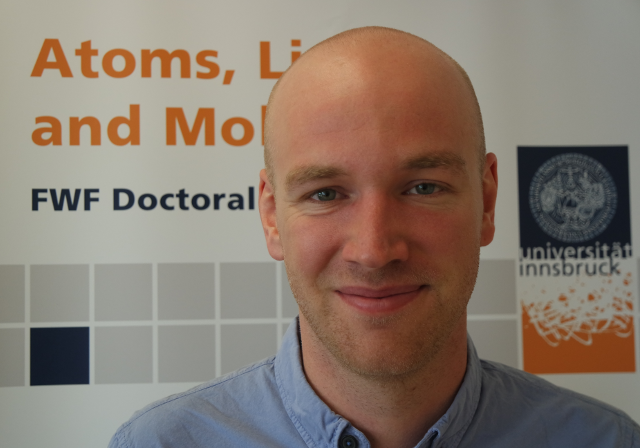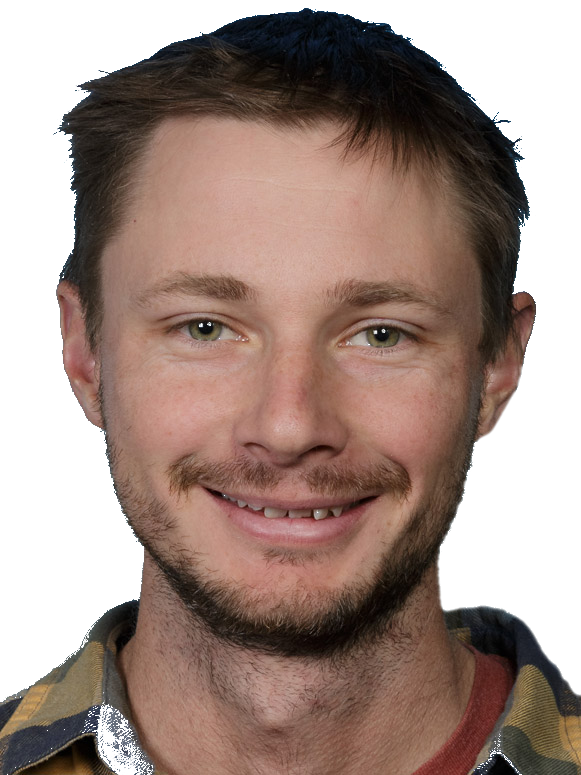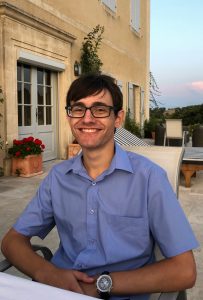
Aurora Program for Master and PhD students
Apply now for the Aurora excellence fellowship program for visiting Master and PhD students! Travel expenses and accommodation will be fully covered. More information in the “Openings 2026” menu.

Welcome to the Quantum World!
Our group travelled to the Vienna City Hall for “Willkommen Quantenwelt” celebrating 100 years of quantum science. Thanks to Quantum Science Austria and collaborators for organizing this fantastic event!

2025 Group Openings!
We are happy to announce that our dipolar quantum gas group has an Academy Scientist + Postdoc and PhD positions open for 2025!

“Dance your PhD 2025” contest by Science and AAAS
Congratulations to our PhD student Arfor, who turned our research topics into a dazzling music video!

Vortices in a supersolid
2024’s Biggest Breakthroughs in Physics: Our research on the observation of vortices in a dipolar supersolid featured by Quanta magazine!

Austrian of the Year 2024
Francesca was crowned as the ‘Austrian of the Year’ in the research category at the Austria 24 gala by Die Presse!

Summer BBQ
Our 2024 Summer BBQ took place on the 24th of June and celebrated the many different achievements of the group!

Murder Mystery Dinner
Our 2024 group dinner took place on the 18th of January at CasoinN da Giorgio restaurant, with a 1920’s Murder Mystery theme!

Glitches in supersolids: links between neutron stars and quantum matter
By emulating the connection between a rotating supersolid phase and an external solid phase, we were able to replicate “glitches” – sudden jumps in the solid angular momentum driven by quantum vortices leaving the supersolid.

Cluster of Excellence Quantum Science Austria granted
Three Clusters of Excellence in Innsbruck have been funded! With highly endowed clusters of excellence, the Austrian Science Fund FWF creates Austrian flagships of basic research. The University of Innsbruck will coordinate the Cluster of Excellence for Quantum Sciences.
Our group studies dipolar quantum gases made of Erbium (Er) and Dysprosium (Dy) atoms. These extraordinarily magnetic species are a powerful new resource for reaching quantum simulation with strong connectivity, in which each atom is coupled to the other over long distances, and exploring exotic phases of matter that have no classical counterpart.
We have four labs: the ERBIUM LAB, where Er was Bose condensed for the first time ever; the Er-Dy LAB, which studies quantum dipolar mixtures under a quantum-gas microscope; the T-REQs LAB, where we trap Er atoms in arrays of optical tweezers for Rydberg physics; the dy2b LAB, currently under construction – this new experimental apparatus will be used to study many-body phases of highly-magnetic dysprosium and of mixtures with non-magnetic ytterbium; and the DyPQ-S LAB currently build up in San Sebastian, where we will trap Dy atoms in tweezers for quantum simulation and quantum computation. The Theory Group completes our team studying and predicting dipolar phenomena in dipolar quantum gases and mixtures.
The group, led by Francesca Ferlaino, is jointly located at the Institute for Experimental Physics (IExP) of the University of Innsbruck and at the Institute for Quantum Optics and Quantum Information (IQOQI) of the Austrian Academy of Sciences, and it is part of the Innsbruck Center for Ultracold Atoms and Quantum Gases.
Follow our group’s updates on Bluesky  and LinkedIn
and LinkedIn  !
!
News from the labs
In joint theoretical and experimental work with our theory colleagues A.-M. Rey (JILA) and B. Zhu (ITAMP) we investigate dipolar induced magnetization-conserving spin exchange dynamics with fermionic Er in a 3D optical lattice. Our work is now published in Physical Review Research.
Keep Reading ...
In a combined theory and experimental work, we study the elementary excitations of trapped dipolar quantum gases crossing from regular superfluid to supersolid. Our work is now published in PRL and summarized in the Synopsis by Sophia Chen.
Keep Reading ...
In quantum physics, the spectrum of elementary excitations dictates the way a quantum system behaves and reacts to perturbations. Hence, in superfluids, the possibility of frictionless flow is encoded in their excitation spectrum.
Keep Reading ...
Group news
The position of a 1-year Postdoctoral Researcher is now open to applications. The successful candidate will join Dr. Thomas Bland and Prof. Francesca Ferlaino at the University of Innsbruck, Austria. The work concerns the question: “How ‘solid’ is a dipolar supersolid?”
Keep Reading ...
Tom has been awarded an ESQ Discovery Project grant this year. The Discovery Programme supports new ideas and innovative research that go beyond traditional thinking.
Keep Reading ...
Joint grant between TU Wien and Innsbruck investigating quantum simulators has been funded!
Keep Reading ...
Welcome and goodbye
Max held his defense for his PhD thesis and is now officially a Doctor of Philosophy. He moved to the Medizinische Universität Innsbruck. Congratulations and good luck!
Keep Reading ...
Farewell to Matthew Norcia who after an incredible two years here is moving back to Boulder (US). We wish you all the best for your next scientific adventure!
Keep Reading ...
Welcome to Samuel, who has joined the T-Reqs team as PhD Student
Keep Reading ...
 and LinkedIn
and LinkedIn ![]() !
!











